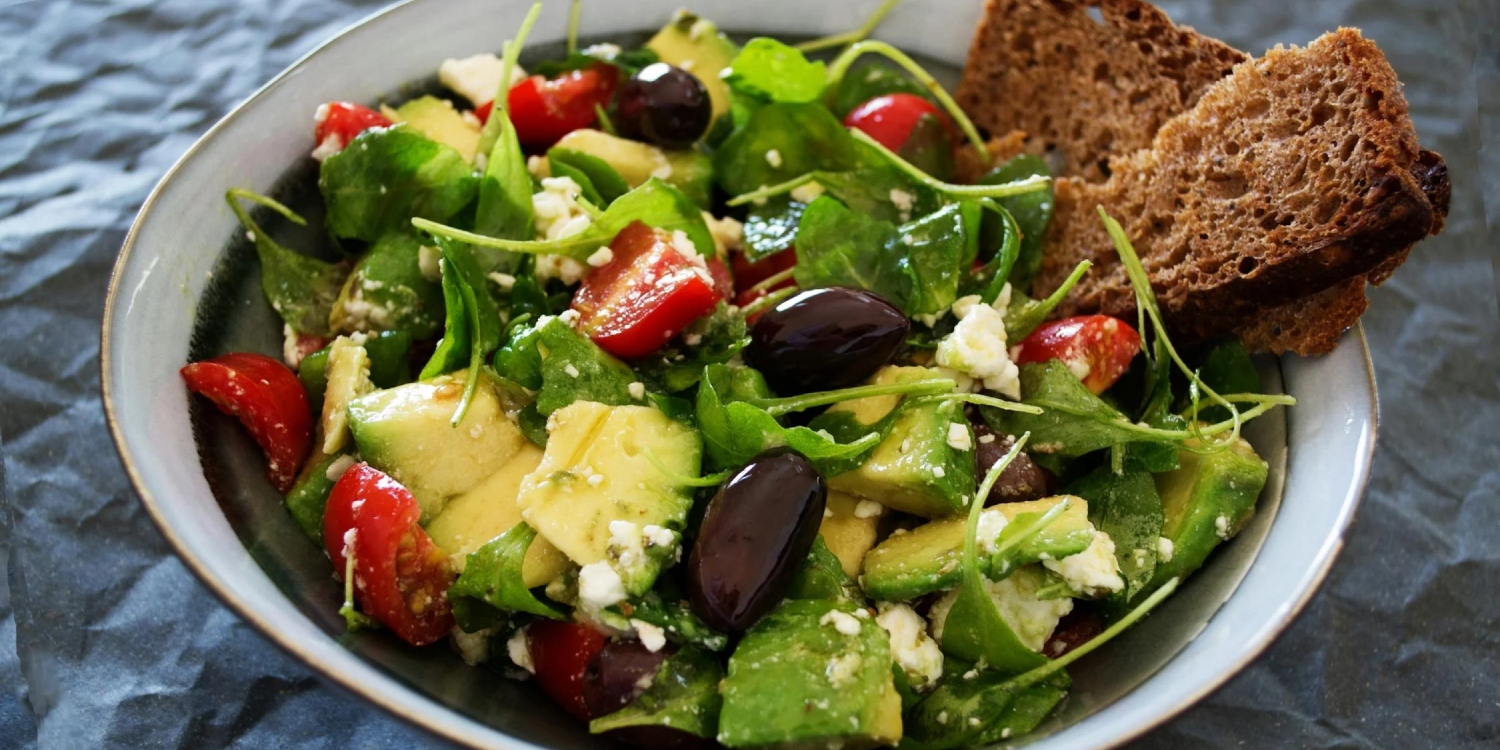What Is the Mediterranean Diet?
The Mediterranean diet is a way of eating based on the traditional foods and cooking styles of countries near the Mediterranean Sea. It emphasizes eating lots of fruits, vegetables, whole grains, and healthy fats like olive oil.

Fish and seafood are eaten regularly, while red meat is consumed in moderation. This diet also includes nuts, seeds, and legumes, with herbs and spices used for flavor. Wine is enjoyed in moderation, usually with meals.
Health Benefits and Cancer Risk
Dr. Simon Poole, a leading expert, explains that the Mediterranean diet is linked to many health benefits, including a lower risk of cancer. The diet is rich in antioxidants, which help protect cells from damage. Foods like tomatoes, garlic, and olive oil have anti-inflammatory properties, reducing the risk of chronic diseases. Omega-3 fatty acids found in fish are known to have cancer-fighting properties. By focusing on natural, unprocessed foods, the Mediterranean diet helps maintain a healthy weight, which is another factor in reducing cancer risk.
Easy Ways to Adopt the Mediterranean Diet
Switching to a Mediterranean diet is easier than you might think. Start by incorporating more fruits and vegetables into your meals. Use olive oil instead of butter or other fats when cooking. Try to eat fish at least twice a week, and replace red meat with poultry or plant-based proteins. Add whole grains like brown rice or quinoa to your diet, and snack on nuts and seeds instead of processed snacks. Enjoying meals with family and friends and savoring your food are also key aspects of the Mediterranean lifestyle.

The Mediterranean diet is not just a healthy way to eat but also a delicious one. By making simple changes to your diet, you can enjoy the flavors of the Mediterranean while potentially lowering your risk of cancer. Embracing this way of eating can lead to a healthier, more vibrant life.